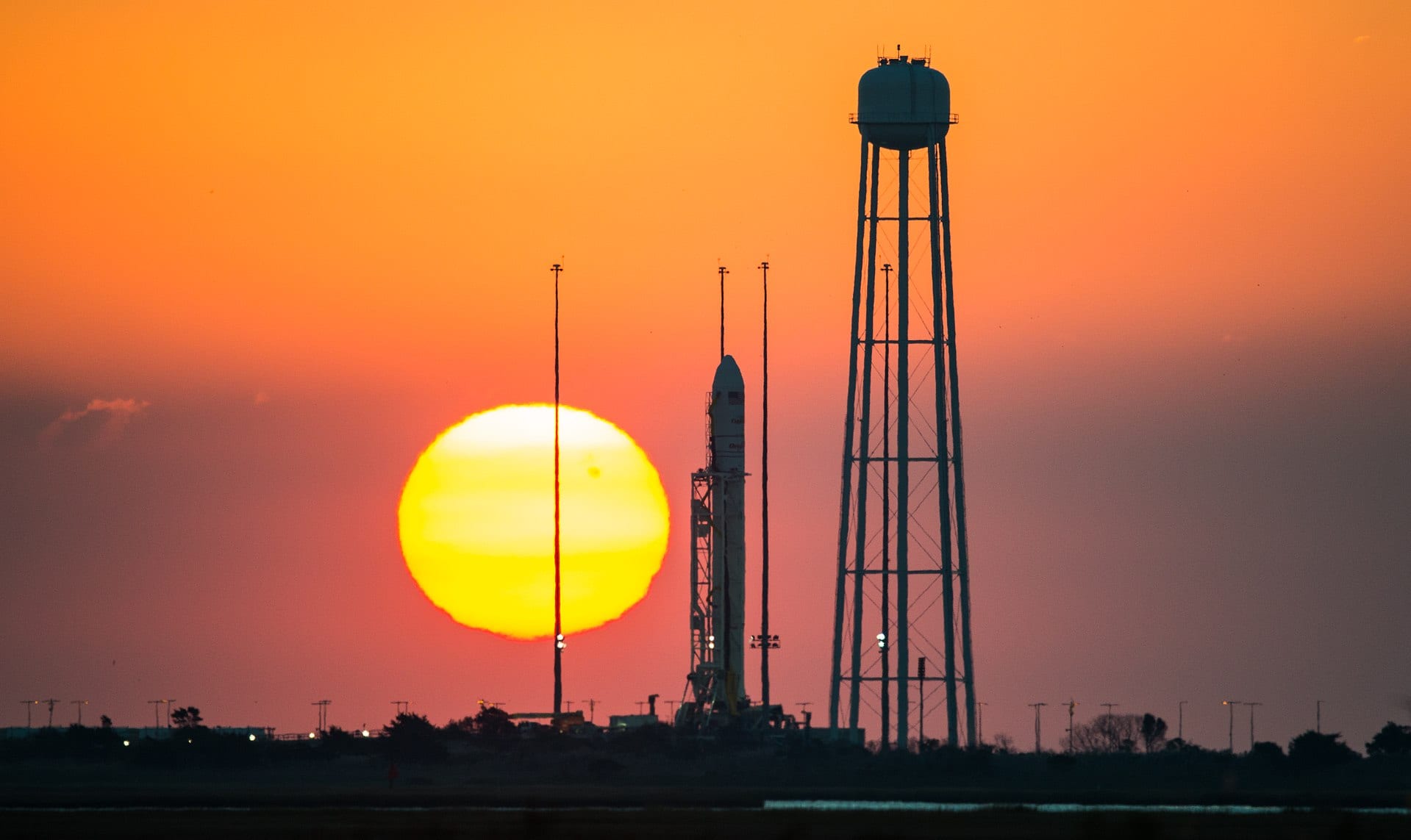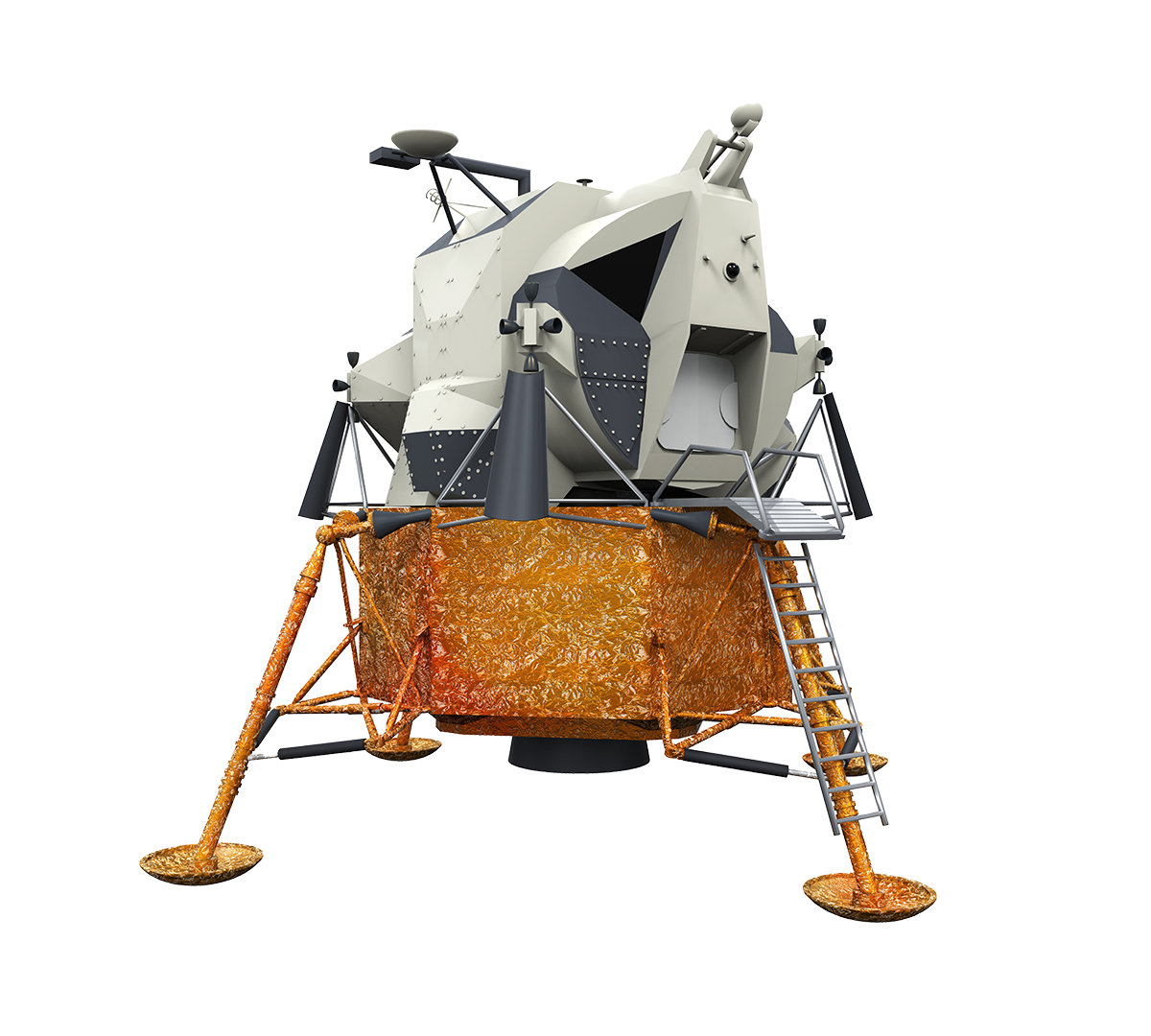Arriving in Chincoteague, Virginia, is always an exciting experience. It’s a quiet little town, most of the time, but its main tourism booms are in the summer, for the beach, and the days before and after rocket launches.
To set the scene, it was late October of 2014, far from summer — and it felt like it, too, as the water was freezing and the beach skies were always grey — but the little town was alive with the thrill of a launch coming up. As my family and I arrived in Chincoteague, we stopped at a Five Guys for lunch. There, we met a few engineers. One worked for NASA and the other for Orbital ATK. We talked for a while about the upcoming launch and how they had contributed, and how my brother and I could become involved in aerospace and what companies like Orbital ATK looked for in students. When we left, I had a much stronger drive to go into the aerospace field, regardless of the fact that it was a male-dominated career and the positions were highly competitive.
After another hour or so, we stopped at our second favorite place in Chincoteague: the Island Creamery. So many amazing flavors that you won’t find anywhere else, and they’re all delicious. Once we had our ice cream fix, we drove through the backroads for a while, and stopped at a rather large farming area on the water’s edge. The place was crowded, people setting out picnics where there was room, others standing shoulder to shoulder on the dock. This is our first favorite place in Chincoteague, a spot with a perfect view of the NASA Wallops Flight Facility launch pad.
Anticipation grew as time passed. Eventually, people had the countdown playing on personal speakers, and as the count came down to T-20 seconds, the crowd was counting down in unison.
“T minus ten, nine, eight, seve, six, five, four, three, two, one. We have ignition,” said a scratchy voice over the radio. The people cheered, hugging one another. As the Antares swiftly rose off the launch pad, a wave of noise rushed over the area. I could feel the sound in my chest, like bass at a rock concert, only more intense. The earth beneath me lurched – then, BOOM. The rocket is blown out of the air, lighting up the dark sky with massive flames that rise far above the water tower. As the flames died down and the damage was assessed, the launchpad was decimated, part of the island on fire, and debris was falling through the air like snow. The rocket had blown. People embraced one another once again, this time less enthusiastically, in a solemn gesture.
“Huge waste of money,” a bystander remarked, regarding the incident with apathy.
“Man, they really messed that one up,” noted another, nodding in the direction of the flames as they crawled down the island’s strip of beach.
As an 11 year old girl, I stood at the water’s edge and declared, “I’m gonna be an engineer, like the guy next to me, to make sure that never happens again! Especially if there are people on board.”
The Orbital engineer I was referring to had been FaceTiming his parents, showing them the launch. He had been proud of his accomplishment — he had worked on the Antares — but when the rocket failed, he hung up and literally ran from the scene to get back to work and figure out what anomaly had occurred.
I remember this incident perspicuously in my head. I made a promise when the Cygnus CRS Orb-3 failed that I would help and contribute to the space exploration and science community in any and every way that I can to prevent a rocket failure from ever happening again. That was a pretty bold claim for an 11 year old, but I fully intend on keeping it. Attending the International Space School at the University of Australia will be a wonderful opportunity. It will help me carry out my promise by opening doors, allowing me to interact with professionals in the aerospace industry, and by giving me the opportunity to absorb new information and help me shape the ideas and concepts I have into tangible, working products. My anticipation and excitement for this amazing Higher Orbits in Australia opportunity is higher than that of a crowd at a rocket launch.
As one goes about their day-to-day life, they may not realize the impact they have on those around them. One may not realize that a small gesture or conversation in passing could change a stranger’s day. Such gestures and conversations have led to my passion for science. I have spoken with NASA, Orbital ATK, and Boeing engineers many times. Sometimes at an event or symposium, at Space Camp, other times at rocket launches, and occasionally at a fast food chain or a hotel lobby. Each time, I come out of the conversation with a different takeaway, but each time convinced me further that aerospace engineering is what I want to pursue — especially conversing with Michelle Lucas, a former NASA employee who worked with the ISS program and is now the president and founder of Higher Orbits. The first time we met, I was speaking with Kurt Eberly, the Vice President of the Northrop Grumman Antares program after a press conference regarding one of the later Antares launches. Ms Lucas approached me and told me about Higher Orbits: Go For Launch! I’m so glad she did, or I wouldn’t be here, right now, with this wonderful opportunity. So whenever you are presented with the opportunity, please spread love for science. It’s bound to help someone out there make the right choice to pursue a science career.
Blog by Caroline Wenks
Photo Credit – NASA/Joel Kowsky

